This year, the Sustainable Farming Incentive (SFI) offer will be bigger and more flexible. We'll start accepting applications for the new offer in a controlled rollout from August. Learn how SFI can provide a steady income, help make your farm more productive and support you to produce food sustainably.
In this post, I’ll share a few scientific examples of how the actions within the Sustainable Farming Incentive can support businesses, bring about positive environmental outcomes whilst maintaining — and in some cases boosting — food production.
We went to the Isle of Wight to meet SFI agreement holder Caroline Knox. In this film, Caroline explains how the Sustainable Farming Incentive works hand in hand with commercial maize and rye production on her farm.
Farmers across England are helping us to test the Sustainable Farming Incentive (SFI) through the SFI pilot. In this post, I’ll share a snapshot of what we’ve learned from pilot participants through on-farm and large-scale, regional face-to-face events.
We recently published more information on the rollout of our environmental land management schemes. It includes the full range of actions, payment rates and when they’ll be available. This post gives a scheme-by-scheme summary.
This is the third in a series of films exploring how environmental improvements and farming go hand in hand in the Lake District. Local farm facilitator Danny Teasdale talks with auctioneer and Managing Director of The Farmer Network, Adam Day, about the importance of building environmental solutions that fit with farmers’ businesses.
In this, the first blog post of the year, I’d like to share two updates with you and explain the rationale behind them. The first update is a change to Countryside Stewardship payment rates. The second is the introduction of the Sustainable Farming Incentive Management Payment.
In this film, local farm facilitator Danny Teasdale explains how environmental improvements go hand in hand with food production in the Lake District.
From 1 September, if you have land in a Countryside Stewardship or Environmental Stewardship agreement, but not on common land, you can now apply online directly by signing into the Rural Payments service.
In the latest episode of the Future Farming Podcast, Cambridgeshire farmer Martin Lines and Sustainable Farming Incentive lead Jonathan Marsden talk all things Sustainable Farming Incentive (SFI) and environmental land management.
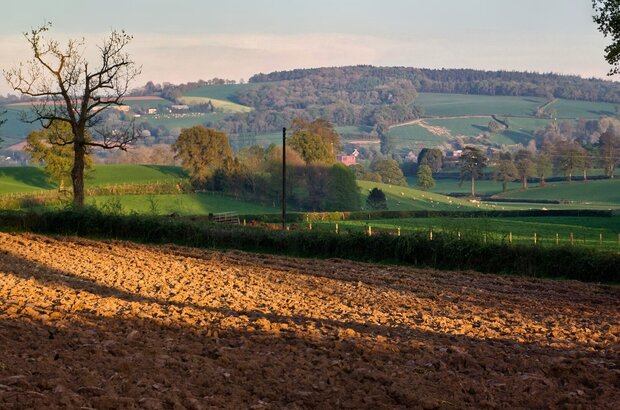
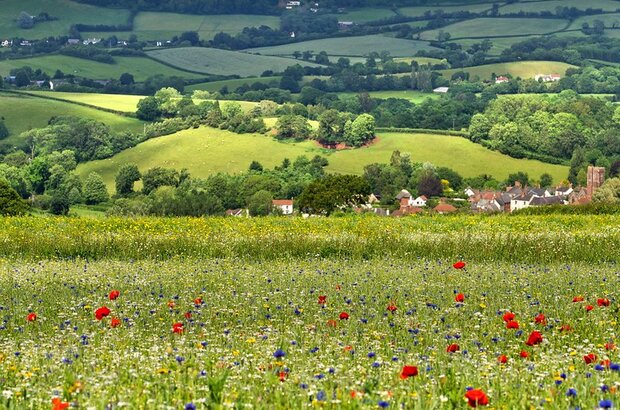
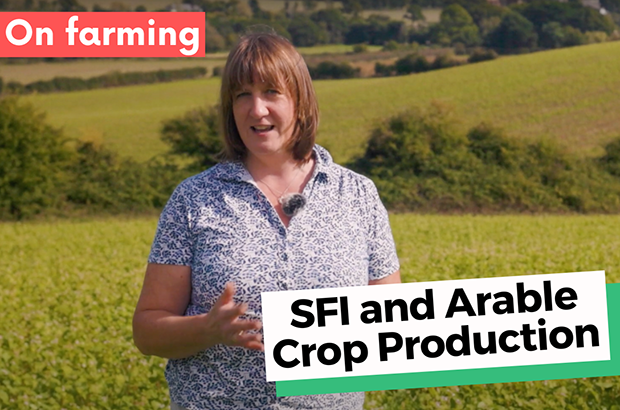
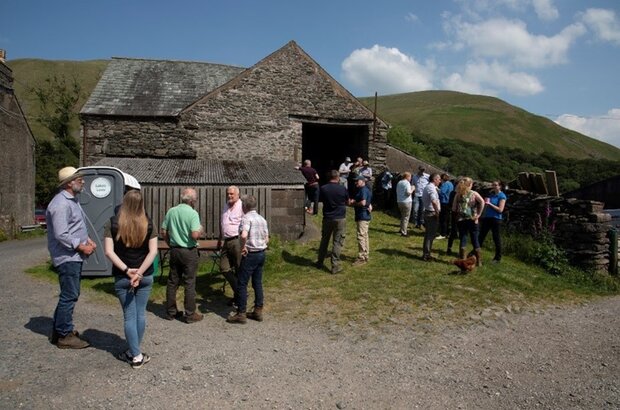
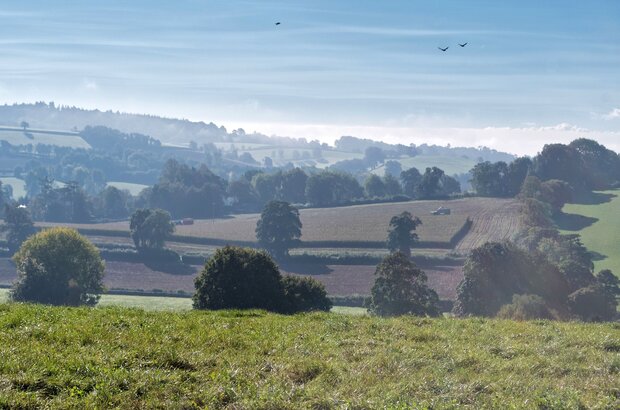
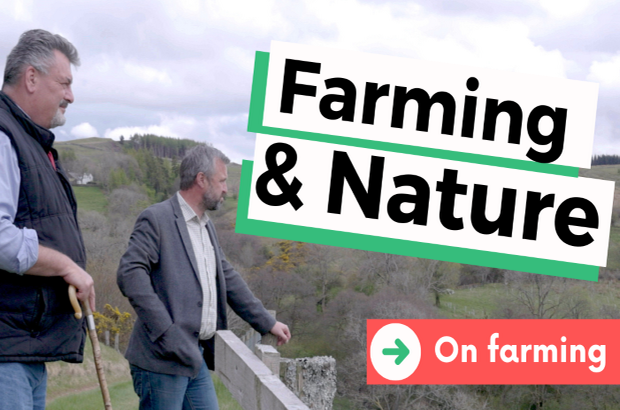
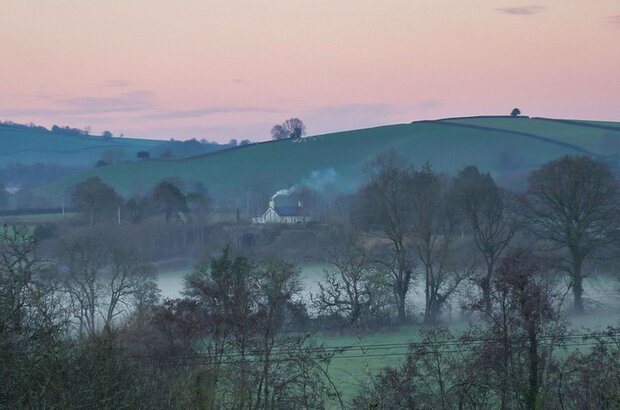
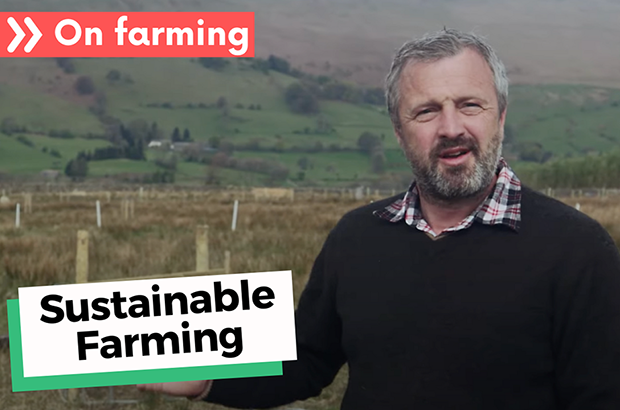
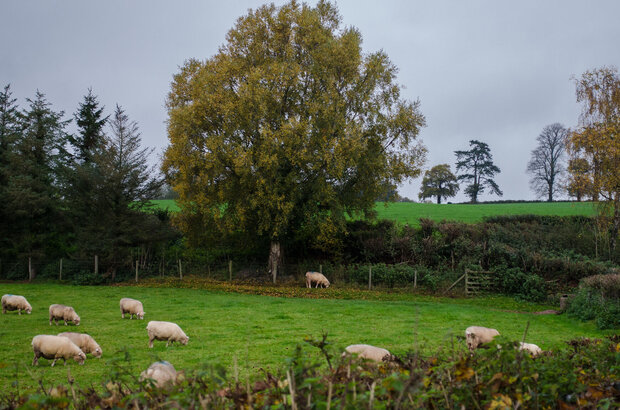
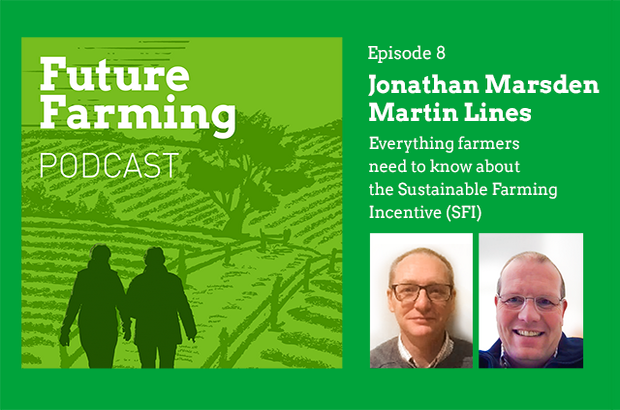

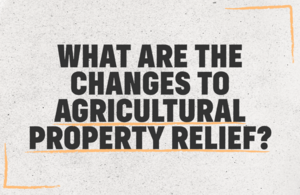
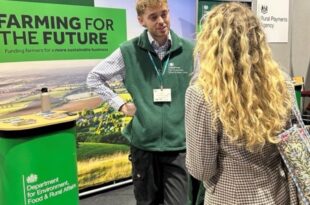


 The
The 